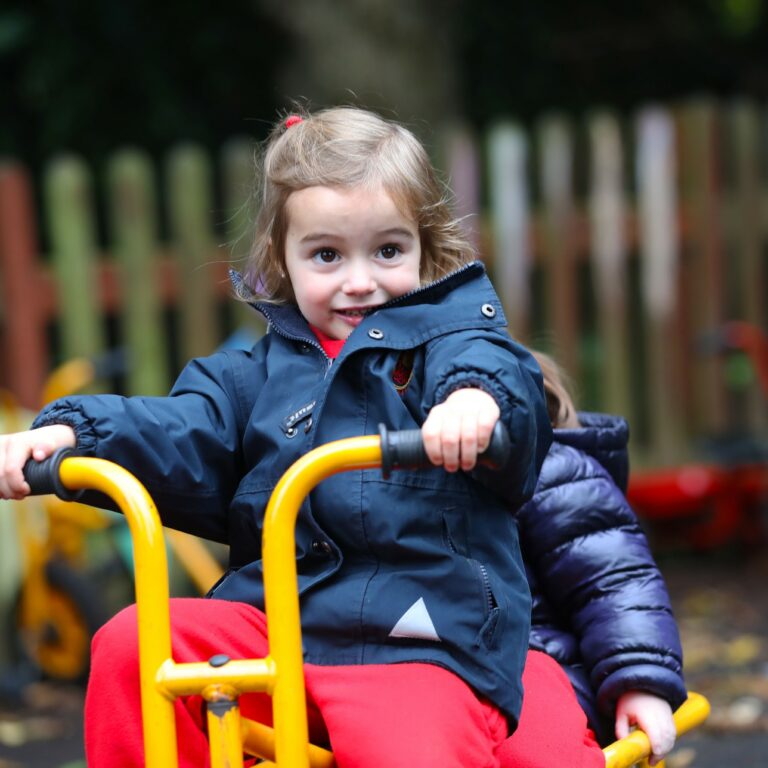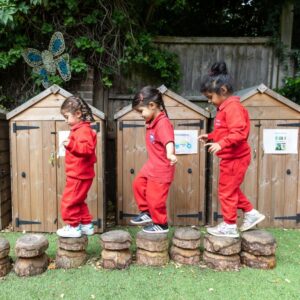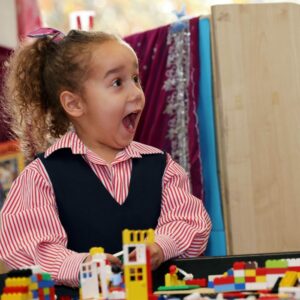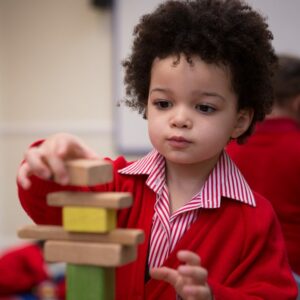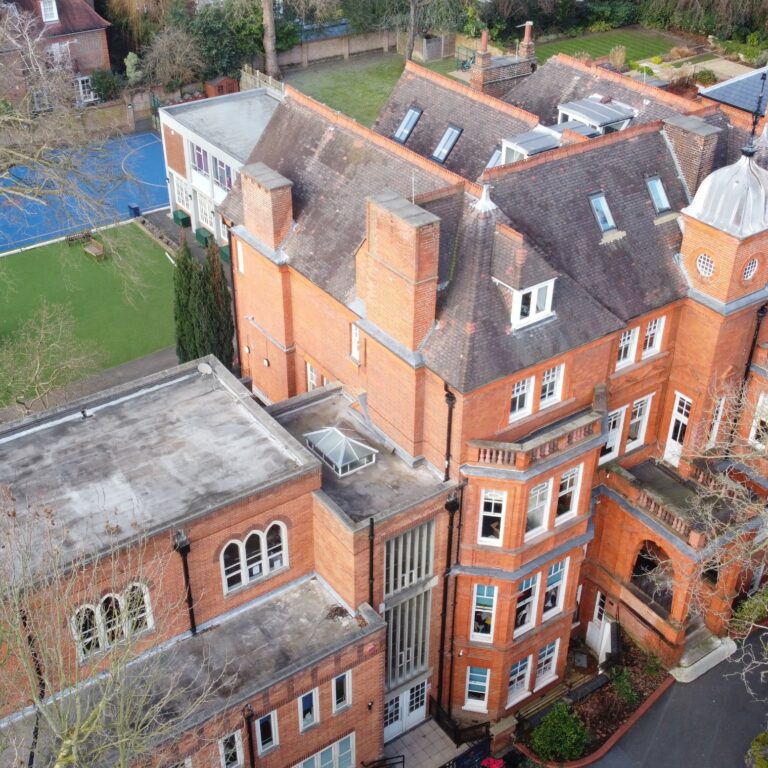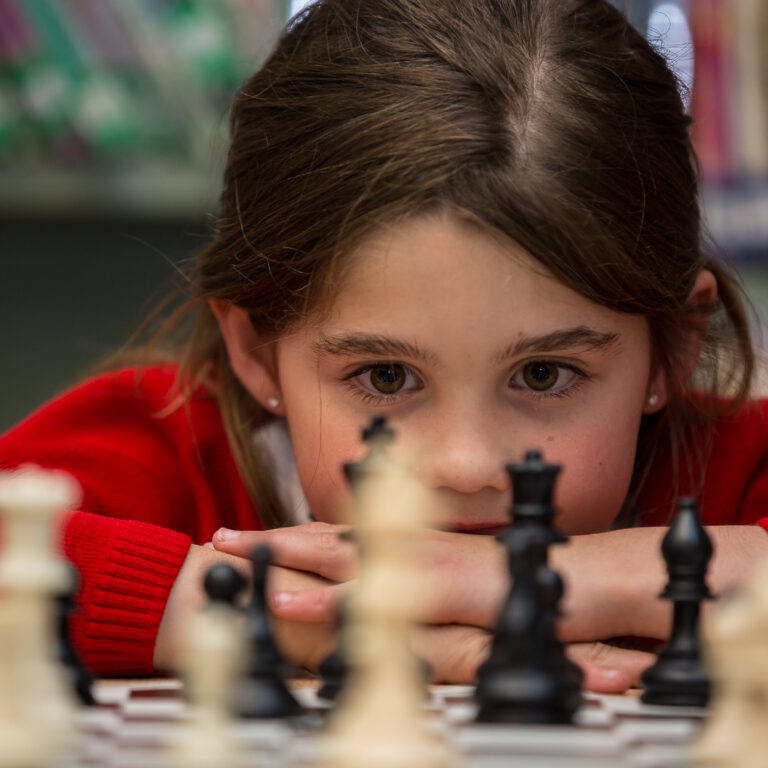Girls’ Nursery & Reception in Hampstead
St. Mary’s warmly welcomes girls from the age of 2 years 6 months into our vibrant and nurturing community. Encompassing Pre-Nursery (age 2 ½-3), Nursery (age 3-4) and Reception (age 4-5), our EYFS department is dedicated to providing the best possible start to your daughter’s educational journey.
Housed in a colourful, homely environment, our EYFS boasts a purpose-built STEAM corner and a lovely Secret Garden, fostering creativity and exploration.
Pre-Nursery and Nursery children attend five mornings per week, with the flexible option to extend to a full day. We view every child as an individual, learning at their own pace through focussed and purposeful play.
Our comprehensive curriculum covers seven areas of learning: personal, social and emotional development; communication; physical education; literacy; mathematics; understanding the world; and expressive art and design. St. Mary’s is committed to nurturing well-rounded, confident and curious young learners. More information about the Early Years Foundation Stage Curriculum and our 7 areas of learning can be found here.
You can view our EYFS curriculum statement here.
More information about the EYFS can be found here:


